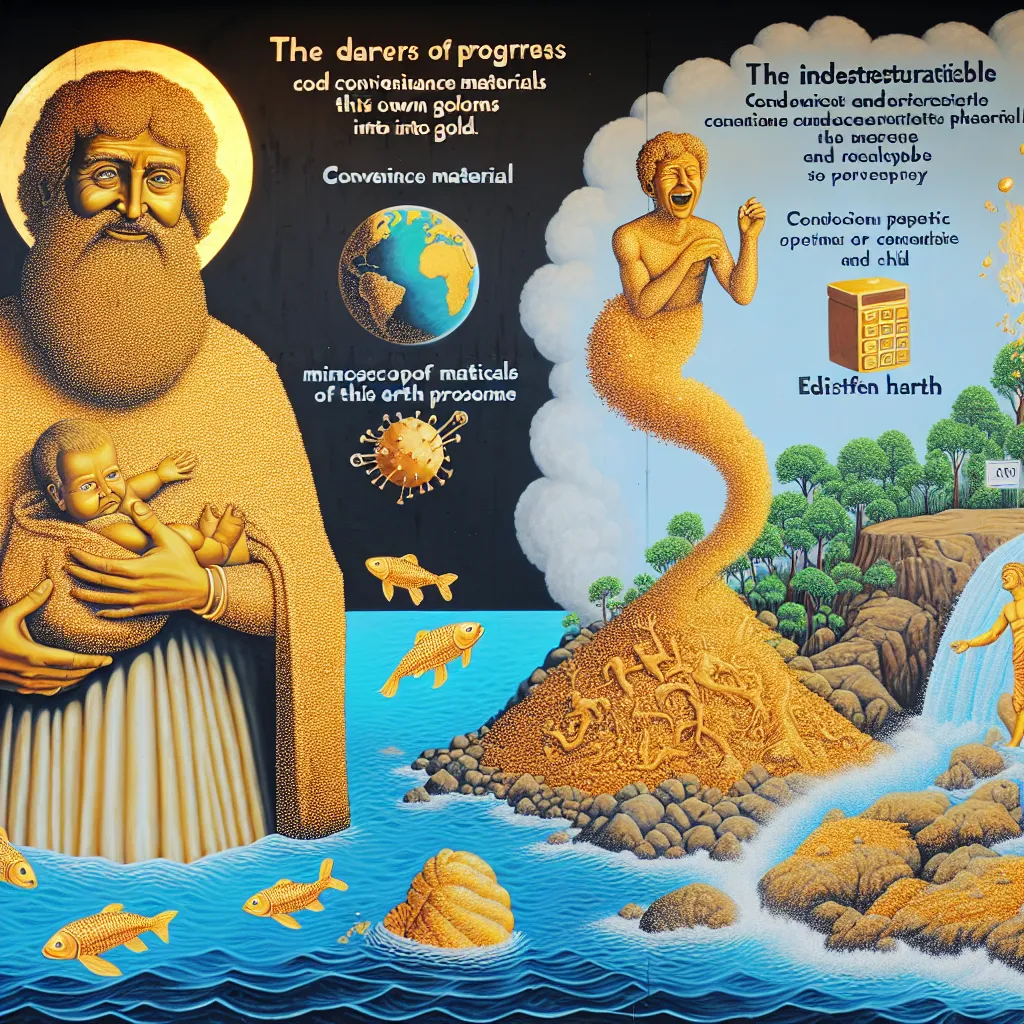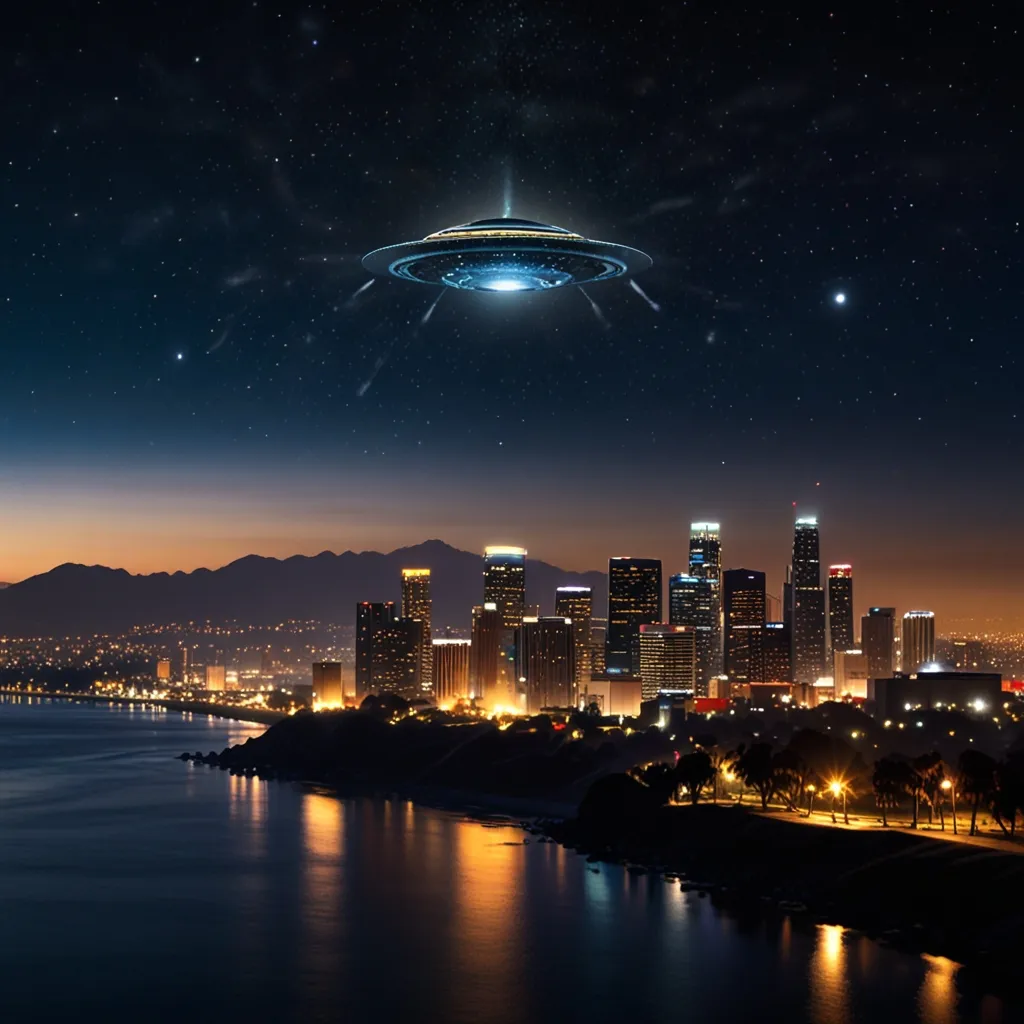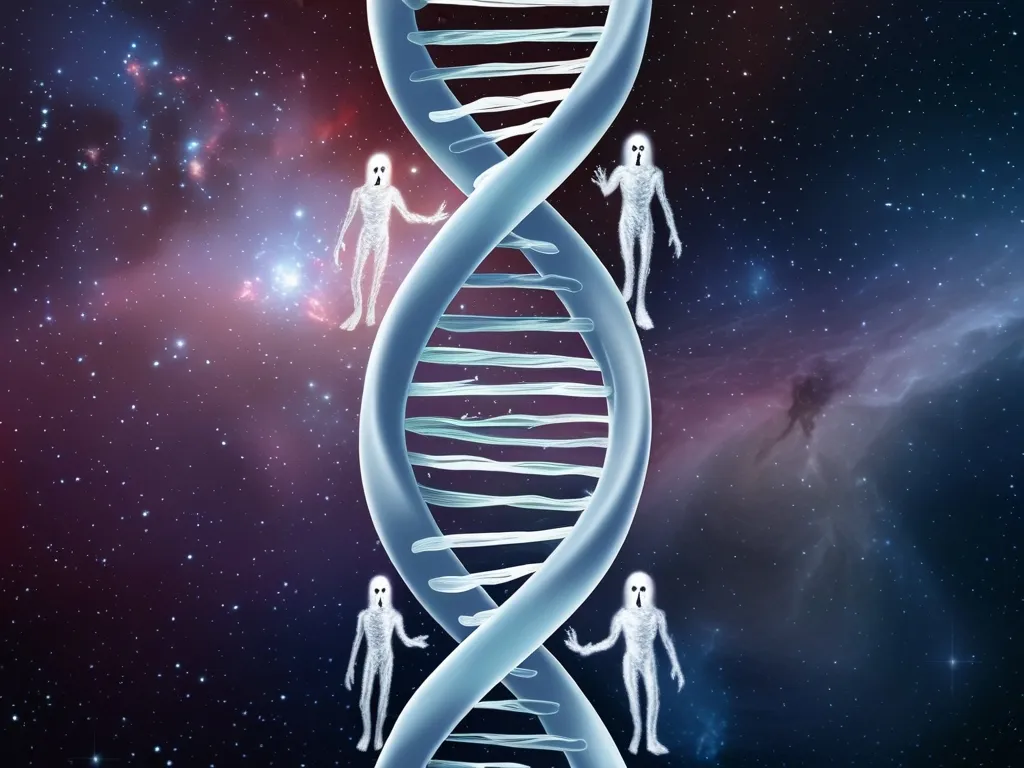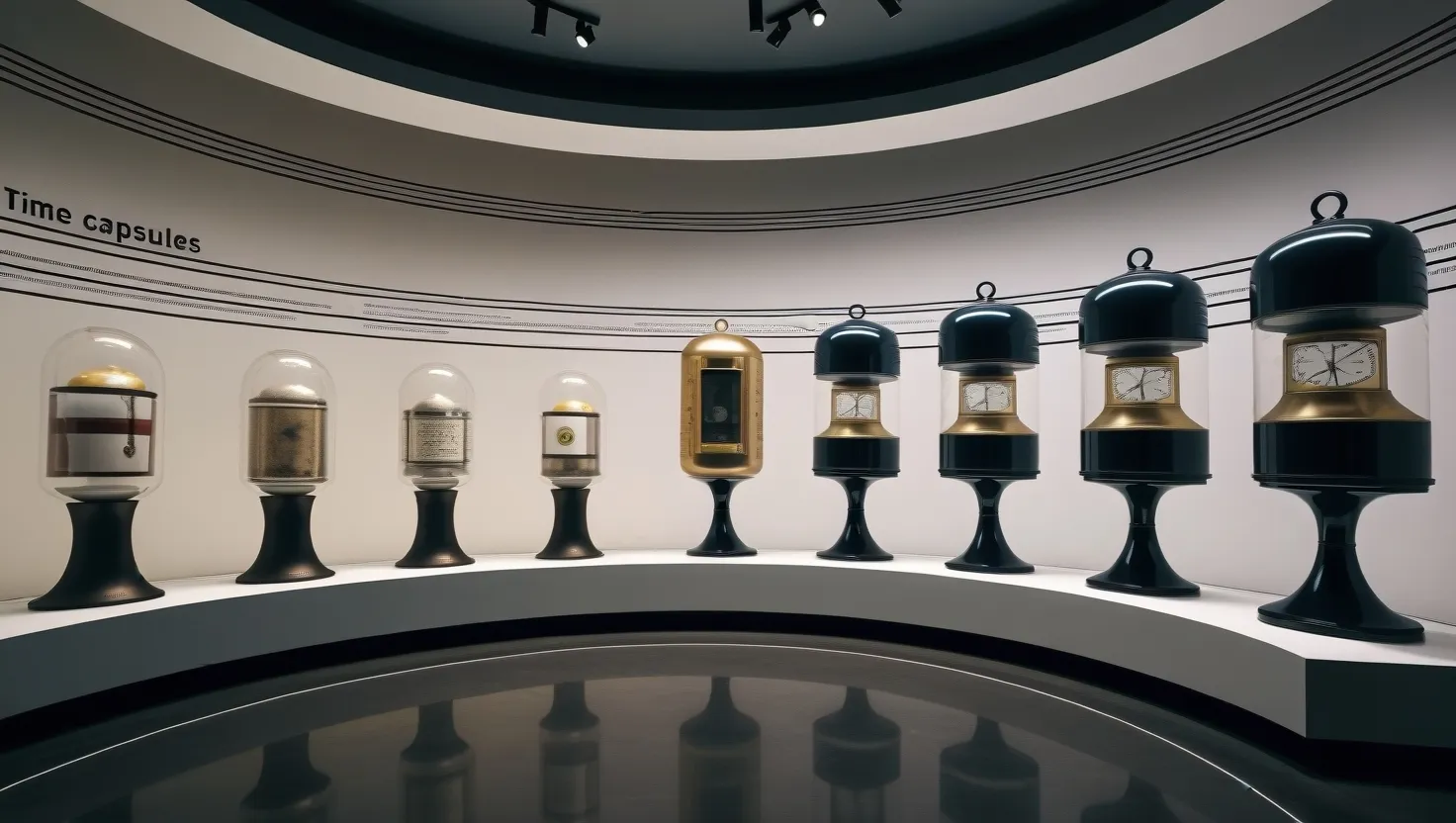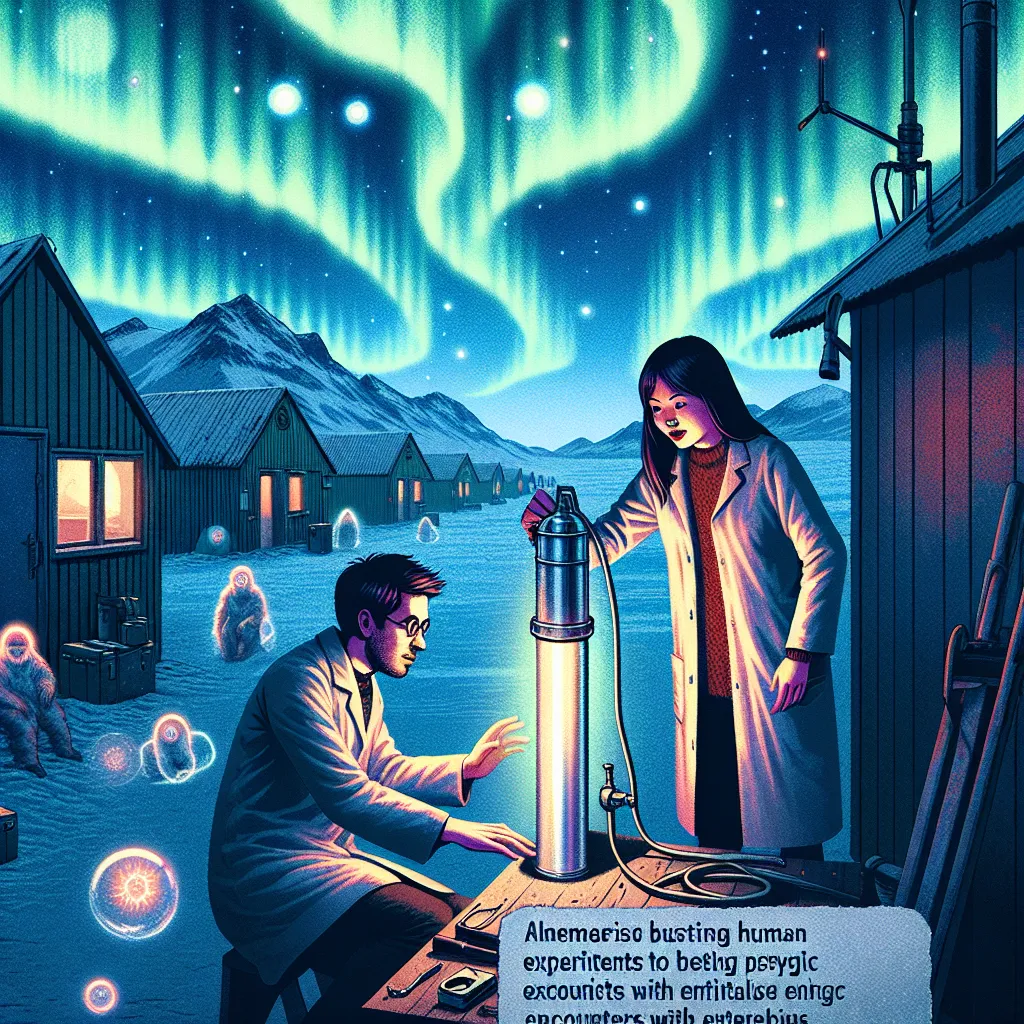When King Midas was granted his wish that everything he touched turned to gold, he was initially ecstatic. His joy quickly turned to horror when he found that his food and even his beloved daughter turned to gold. Midas, once the richest man, was suddenly starving and heartbroken. This story mirrors our experience with plastic—a magic-like material that transformed our lives, only to come with unforeseen consequences.
Plastic changed everything. It was cheap, sterile, and convenient, so we started using it for almost everything. Clothes, phones, furniture, cars—you name it, it has plastic. But our love for this material created a global mess. Plastic takes centuries to break down, yet we use it for disposable items like coffee cups and plastic bags. Astonishingly, 40% of plastics are used for packaging.
Since its invention, we’ve discarded billions of metric tons of plastic, most of which still lingers around. A lot ends up in our oceans, harming marine life. Animals eat or get trapped in plastic, often resulting in death.
But the problem is even more complex. Microplastics, tiny plastic particles, have invaded our environment. These particles are found in oceans, honey, sea salt, beer, tap water, and even household dust. This is worrisome because chemicals like BPA, used to make plastics, are found in our bodies and could be harmful.
Banning plastic outright isn’t a simple solution. Some alternatives might have a higher environmental impact. For example, reusable cotton bags need to be used thousands of times to offset their initial carbon footprint compared to a single-use plastic bag.
Plastic also helps prevent food waste by keeping food fresh longer. With substantial food waste generating methane in landfills, plastic packaging plays a role in reducing this. Most of the plastic pollution in our oceans comes from just a few rivers in Asia and Africa, pointing to a global issue that requires global solutions.
We can’t tackle this problem if we only focus on a local level. Addressing plastic pollution needs international cooperation and improved waste management infrastructures, especially in developing countries.
Remember, your daily actions matter. Refuse disposable plastics and encourage those around you to do the same. Urge companies and politicians to make meaningful changes. Together, we can combat plastic pollution and prevent our modern world from turning into Midas’ regretful wish.
